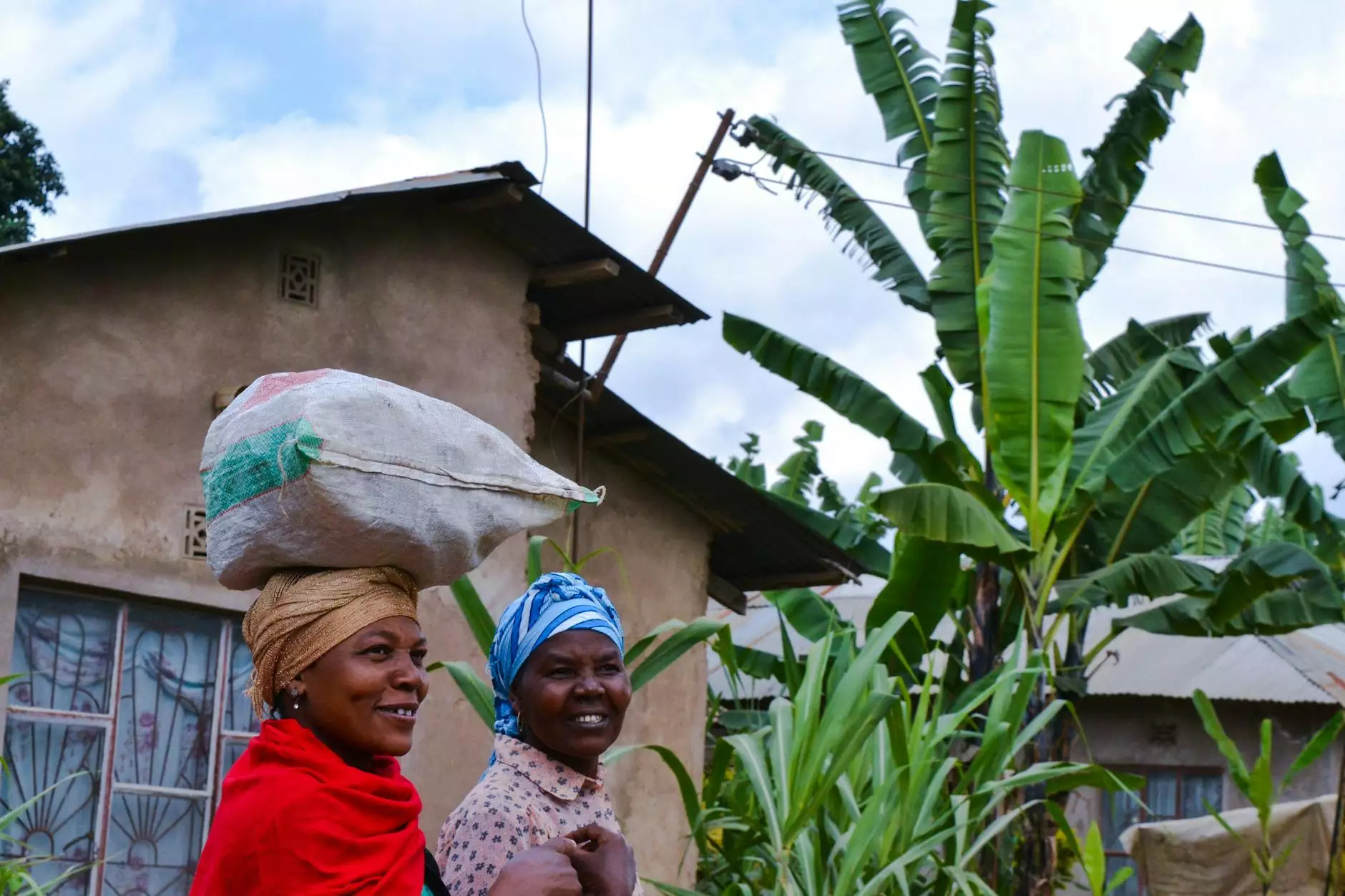Understanding the Role of Black Churchs in Society

In the vibrant tapestry of American culture, black churchs hold a unique and pivotal place. These institutions are not merely places of worship; they are dynamic centers of community activism, social justice, and development. With roots that trace back to the African American struggle for freedom, black churchs have evolved into powerful entities that shape the social, cultural, and economic landscape of their communities.
The Historical Significance of Black Churchs
To appreciate the modern-day impact of black churchs, it is essential to understand their historical context. From the days of slavery in the United States to the Civil Rights Movement, black churchs have served as shelters for spirituality and resilience. They provided a safe haven for discussions about liberty, equality, and social justice.
- Early Foundations: In the 19th century, enslaved Africans developed unique forms of religious expression that blended African traditions with Christian belief, laying the groundwork for what would become the black church experience.
- Social Activism: Figures like Martin Luther King Jr. and Malcolm X found their voices within the black church communities, rallying followers to stand against oppression and fight for civil rights.
- Community Support: These churches became hubs for education, employment assistance, and mental health resources, offering essential services to disenfranchised populations.
The Role of Black Churchs Today
Today, black churchs continue to play a significant role in addressing the needs of their communities. They often function as community service organizations, providing various resources and support systems to uplift those in need. Here are several key roles that black churchs fulfill:
1. Spiritual Growth and Community Cohesion
At their core, black churchs offer spiritual guidance and a sense of belonging. Regular services provide attendees with an opportunity to engage in worship and fellowship, promoting a robust sense of community. Through gatherings, both formal and informal, church members form interpersonal networks that foster support and understanding.
2. Advocacy for Social Justice
In an era where social inequality is still rampant, black churchs are at the forefront of advocacy work. These institutions are often involved in grassroots movements, fighting for rights and providing a voice for marginalized communities. They campaign on various issues such as:
- Voter Registration: Encouraging congregation members to participate in democracy.
- Equity in Education: Advocating for fair funding and resources for schools in poor neighborhoods.
- Healthcare Access: Mobilizing partnerships to improve health services for underserved populations.
3. Economic Empowerment Programs
Recognizing the importance of economic stability, many black churchs advocate for financial literacy and provide programs aimed at empowering community members economically. Initiatives may include:
- Financial Education Workshops: Teaching budgeting, saving, and investing.
- Entrepreneurial Support: Offering resources and networking opportunities for black-owned businesses.
- Job Training: Providing skills training to prepare individuals for workforce entry.
The Community Service Impact of Black Churchs
Aside from spiritual and advocacy efforts, black churchs play a vital role in community service. Their outreach programs often address immediate needs in the community, such as hunger and homelessness. For instance:
1. Food Assistance Programs
Many black churchs run food pantries or host meal programs, ensuring that families have access to nutritious food. These initiatives often work in collaboration with local organizations to maximize their outreach:
- Panic Programs: Regular distribution of food staples to those in need.
- Meal Events: Organizing community meals that not only feed the hungry but also serve as a gathering point for fellowship and connection.
2. Support for Families in Crisis
During difficult times, black churchs provide critical support through counseling and resource referrals. They offer:
- Crisis Counseling: Guiding individuals through personal and familial challenges.
- Financial Assistance: Helping families with bills or emergency needs during hardship.
The Future of Black Churchs in America
The landscape of religious practice continues to evolve, yet the essence of black churchs remains strong. Addressing modern challenges like technological advancements and changing demographics, these institutions are adapting in several ways:
1. Embracing Technology
The rise of digital platforms has allowed churchs to reach wider audiences through virtual services, social media engagement, and online community forums. This transition is crucial for attracting younger congregants and creating inclusive environments.
2. Interfaith Collaboration
Increasingly, black churchs are collaborating with other faith communities to address social issues like poverty, education, and justice. These initiatives create a united front that amplifies their impact on society.
The Importance of Supporting Black Churchs
Supporting black churchs is essential for the enrichment of communities. Individuals can contribute in various ways, such as:
- Volunteering Time: Offering your skills to assist with programs and outreach efforts.
- Financial Donations: Supporting church initiatives that promote community health and wellness.
- Participation: Being an active member enhances the support network for others in the community.
Conclusion
In conclusion, black churchs are more than just places of worship; they are cornerstones of community strength and development. Their multifaceted roles in society enhance individual lives while addressing broader social justice issues. As we move forward, the collaborative efforts between black churchs, community members, and organizations will be vital in creating effective solutions to ongoing challenges. Join in this journey of empowerment and enlightenment; the future deserves communities that stand united, supported by the strength of their black churchs.









